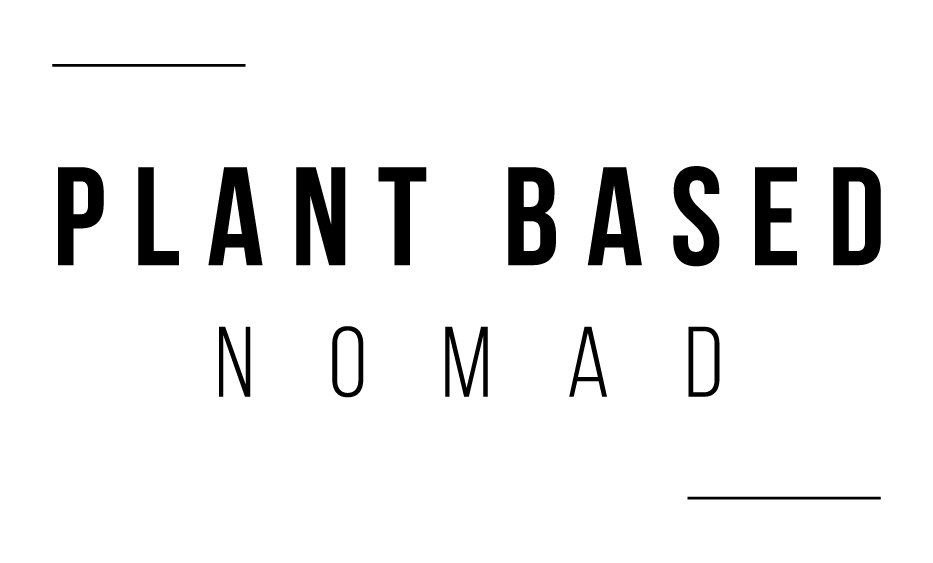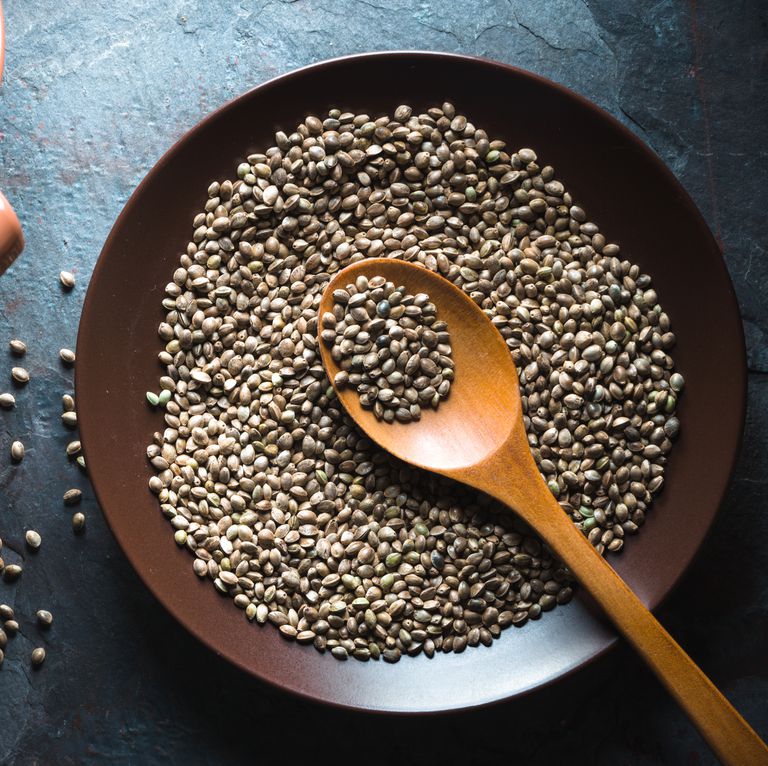
The 8 Best Plant-Based Sources of Complete Protein
Whether you’re vegan, vegetarian, or just trying to cut back on your meat intake, chances are you’re concerned about getting enough protein—and that’s a good thing since protein is an important macronutrient for maintaining strong bones, building muscles, and growing healthy hair.
But before you grab any old protein source, it’s important to understand that not all proteins are created equal—only some are considered “complete proteins,” meaning they contain all nine essential amino acids.
Also Read: How to Get Enough Protein on a Plant Based Vegan Diet
Allow us to explain: There are 20 different amino acids that make up protein, and nine of them are called essential amino acids because our bodies can’t produce them, so we need to get them from food. Complete protein foods have all nine essential amino acids, whereas other protein-rich foods might not necessarily contain all essential amino acids, says Brigitte Zeitlin, RD, founder of BZ Nutrition in New York City.
If you’ve eliminated (or significantly cut back) on your meat intake, you need to make sure you’re eating plenty of plant-based complete protein foods. Although the amount of protein you need depends on age, sex, and how active you are, the recommended daily allowance for protein is 0.8 grams per kilogram of body weight, or 0.36 grams per pound of body weight.
Also Read: Vegan Diet for Athletes: Can You Build Muscle with Plant-Based Nutrition?
The good news is there’s no shortage of choices. Keep reading to discover eight great options, plus delicious ways to incorporate them into your meals.
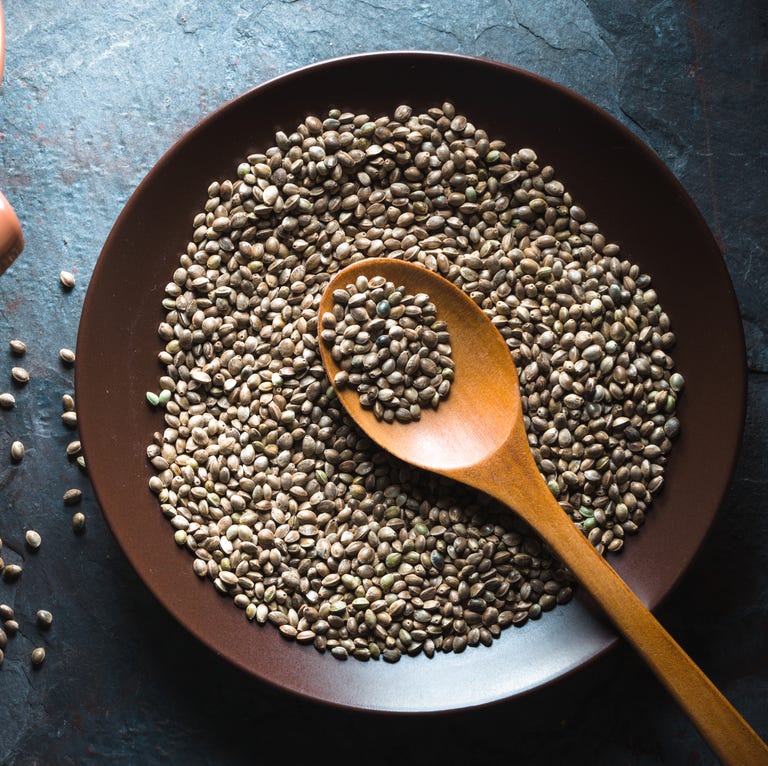
Protein count: 10 grams per 3-tablespoon serving
Hemp hearts, or shelled hemp seeds, come from the hemp plant, Cannabis sativa, but they don’t have any psychoactive effects (aka, they won’t get you high). Hemp seeds are great sources of omega-3 and omega-6 healthy fats. Zeitlin likes adding them to her morning oats or a breakfast smoothie, as a topping for salads and avocado toast, or to add some crunch to sautéed spinach or kale.
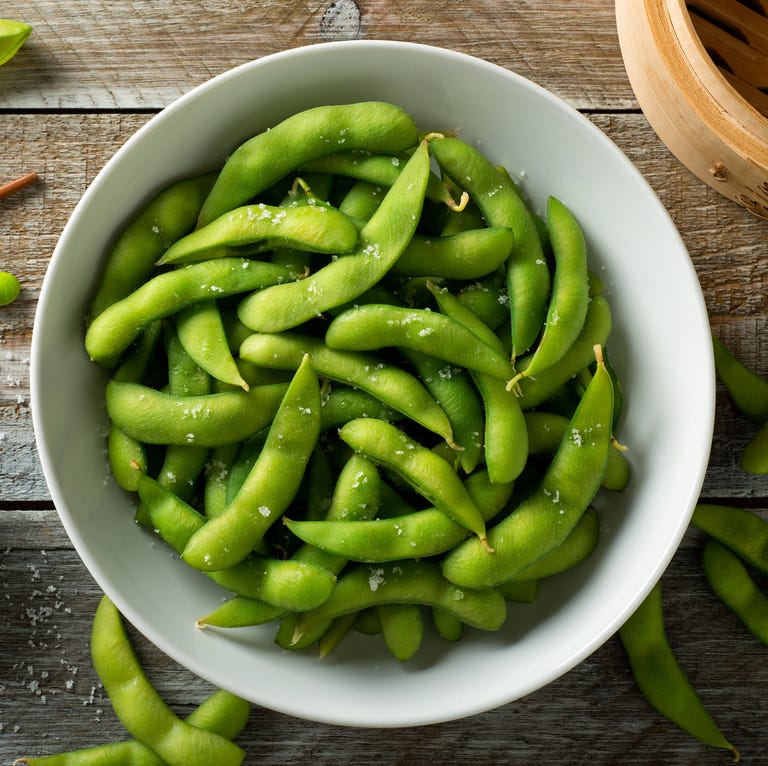
Protein count: 18 grams per 1-cup serving
The next time you eat sushi, you might want to add a side of edamame to your order. In addition to providing a hefty dose of muscle-building protein, edamame provides a whopping eight grams of fiber per serving. Fold it into layers of greens in a delicious Mason jar salad or saute it with other veggies in a quick and flavorful stir-fry.
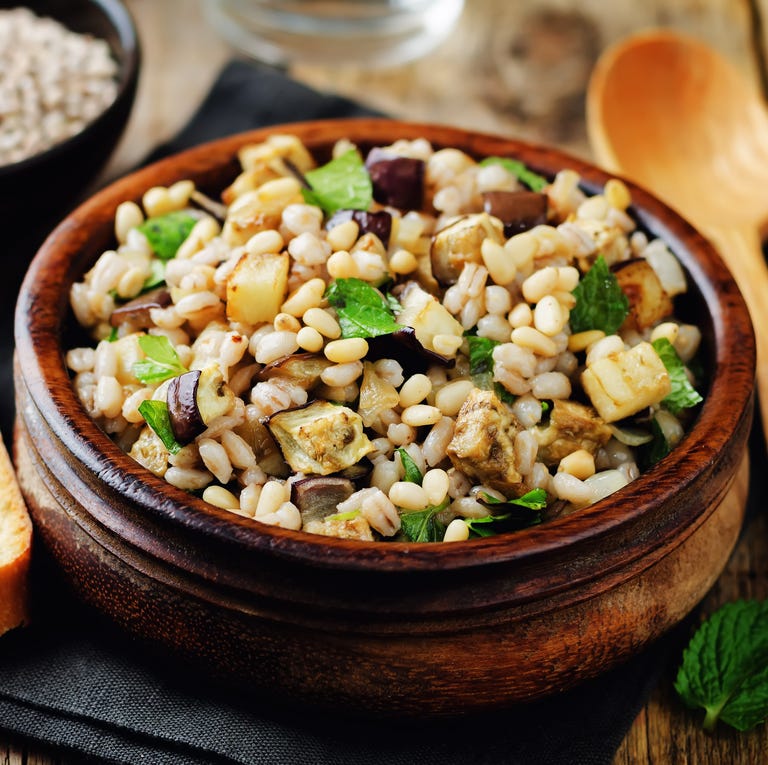
Protein count: 7 grams per 1/4-cup serving
Farro is an ancient grain derived from wheat that has a chewy texture and nutty flavor. This fiber-rich grain is also a good source of B vitamins, minerals and other antioxidants, says Rachel Fine, MS, RD, owner of To the Pointe Nutrition. Many vegetarians and vegans are particularly deficient in B12 because the vitamin is mostly found in animal products, like meat and dairy. Sub it in for brown rice or pasta in your dishes and enjoy it with some tofu and veggies for a nutrient-dense meal. Try this farro and wild mushroom dressing recipe.
Protein count: 8 grams per 1-cup serving
Unlike other whole grains, like brown rice and barley, quinoa cooks quickly—in about 20 minutes—so you can have dinner on the table in no time. It’s also high in fiber, iron, magnesium, and manganese. Meal prep these one-pot quinoa recipes for a quick meal you can cook once and eat twice.
Protein count: 6 grams per 1-cup serving
With a grainy texture and nutty flavor, buckwheat makes a great gluten-free option for those managing food sensitivities or intolerances, Fine says. Swap it for all-purpose white flour for protein-packed waffles, or as an alternative to oatmeal.
Protein count: 4 grams per slice
This fiber-rich, sprouted slice packs a nutritious punch, with a variety of grains, including whole wheat, barley, millet, lentils, soybeans, and spelt. Use it in place of whole-wheat or white bread for classic PB&J or avocado toast.
Protein: 7 grams per 2-tablespoon hummus and 1 whole-wheat pita serving
“The specific combination of wheat, which lacks the amino acid lysine, and the incomplete protein in chickpeas, which happen to be full of lysine, makes a great complete protein balance,” Fine says. Chickpeas are also are a great source of iron, phosphate, calcium, magnesium, manganese, zinc, and vitamin K, which all contribute to heart disease prevention, strong bones, and better overall health.
Protein: 6 grams per 3-tablespoon serving
This tiny but mighty seed is packed with heart-healthy omega-3 fatty acids and is a good source of calcium, calcium, and zinc. Because chia seeds are flavorless and soak up liquid, “they’re an easy item to add to oatmeal, smoothies and puddings,” says Lauren Cadillac, a registered dietitian in New York City.
Click here to view original web page at The 8 Best Plant-Based Sources of Complete Protein

